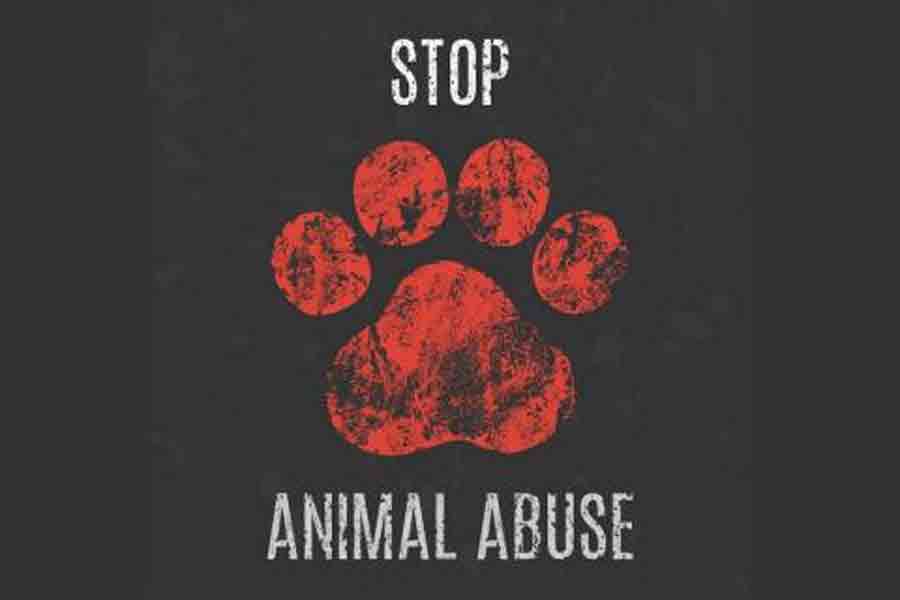
Published :
Updated :

A disturbing piece of news recently went viral on social media - the hanging and beating to death of a dog in Barisal. Several youths killed the poor creature on camera like it was nothing. The main culprit faced a lenient punishment - Tk. 5,000 fine - awarded by an executive magistrate while three others involved in the cold-blooded murder got off scot-free.
It was no isolated incident of cruelty to animals; we often come across such news despite the fact that cases of cruelties against animal are underreported in Bangladesh. In 2024, a horrifying cruelty struck Dhaka's Japan Garden City where 10 stray dogs and a cat were poisoned to death. In another similar incident the same year, at least three stray dogs in Banani DOHS were found dead from suspected poisoning.
The agonised deaths of these voiceless creatures underscore their everyday vulnerability. Still, we, as a nation, do not give this issue the attention it deserves which is why we have no data on animal cruelty. No government or non-government agencies track animal cruelty cases specifically. Much of what is known comes from media reports or social discussions.
Bangladesh has a law to fight animal cruelty -- the Animal Welfare Act of 2019, which categorises multiple forms of animal cruelty, prohibiting the culling of strays and restricting the use of animals in entertainment. The law provides for penalties including up to two years' imprisonment or fines up to Tk.?50,000. Animal rights activists consider the statute, superseding the 1920 law, a landmark achievement as it aligns certain provisions with international standards such as the World Organisation for Animal Health. However, animals in Bangladesh are not getting the safeguard the law envisaged mainly because of the weakness in enforcement and lack of awareness. Though the legislature outlines penalties for animal cruelty, it does not specifically mention court procedures. It merely states that it would be enforced through the existing legal system. Since the enactment of the law, only a handful of cases have been filed -- a reflection of widespread public ignorance too about the law. Most people here do not know the maltreatment of animals constitutes offence and some even scoff at those who attempt to protect the animals, labelling them as trivial or eccentric.
Legal experts believe the Animal Welfare Act empowers mobile courts to enforce it, but the responsibilities are often sidestepped because mobile courts lack resources. The requirement for written complaints to take legal action against animal cruelty often prevents cases from being prosecuted.
The country's failure to safeguard the voiceless creatures is not a mere moral lapse but a societal test. Everyone needs to play their respective parts to pass the test. Among those we need first is baseline data on incident frequency, and patterns of abuse to tackle cruelties effectively. Relevant government agencies and rights advocates need to run campaigns to raise public awareness about animal rights and the law on that. A formal institutional rescue infrastructure and easily available veterinary services for animals are also necessary. Required resources should be ensured for mobile courts to ensure that anyone committing cruelty to animals is brought to book and awarded due punishment. The existence of a law is meaningful only if people know it, use it, and transform it into a tool of justice. We need to keep in mind that every life we protect adds to a more compassionate nation.
rahmansrdk@gmail.com


 For all latest news, follow The Financial Express Google News channel.
For all latest news, follow The Financial Express Google News channel.